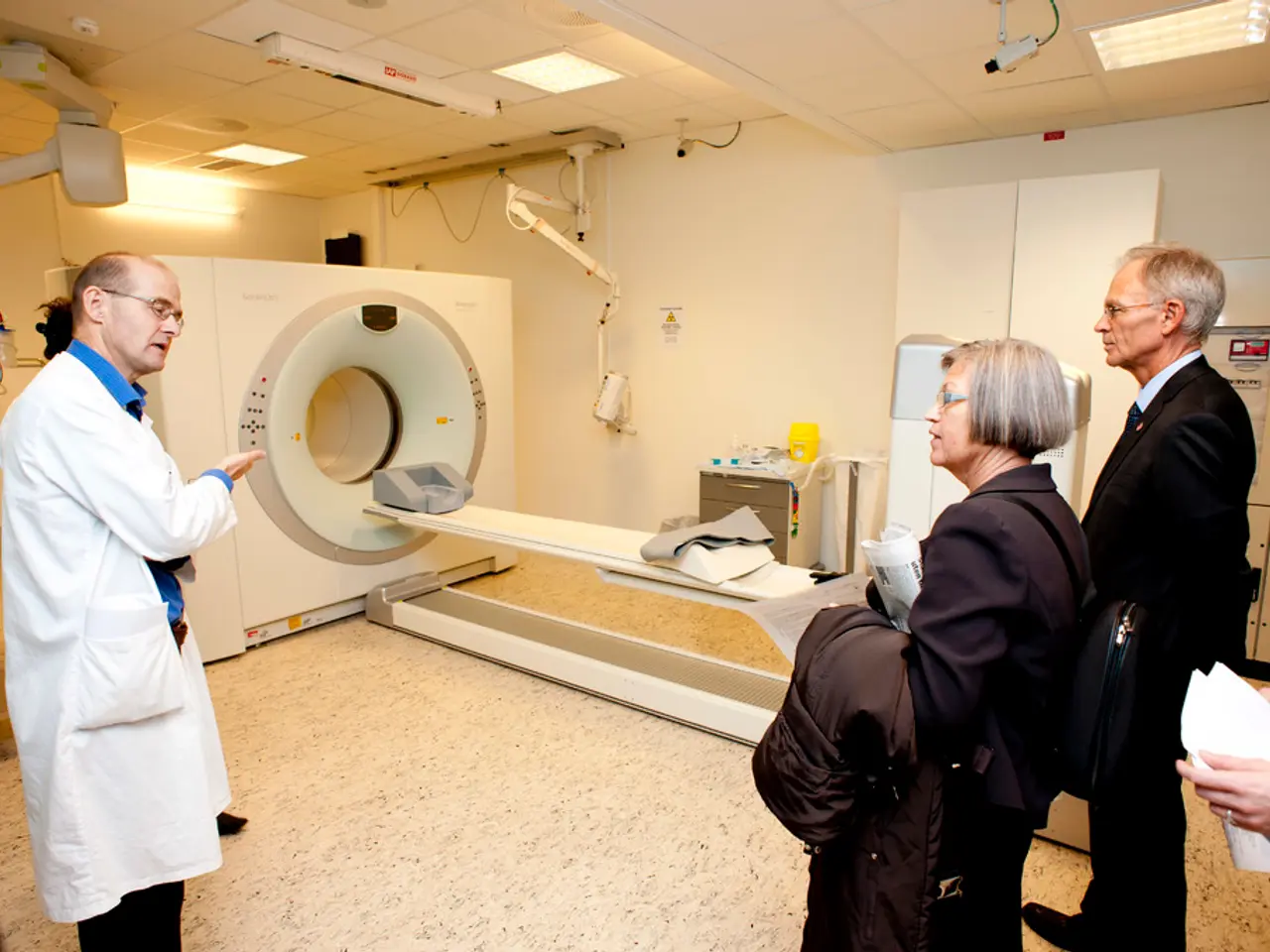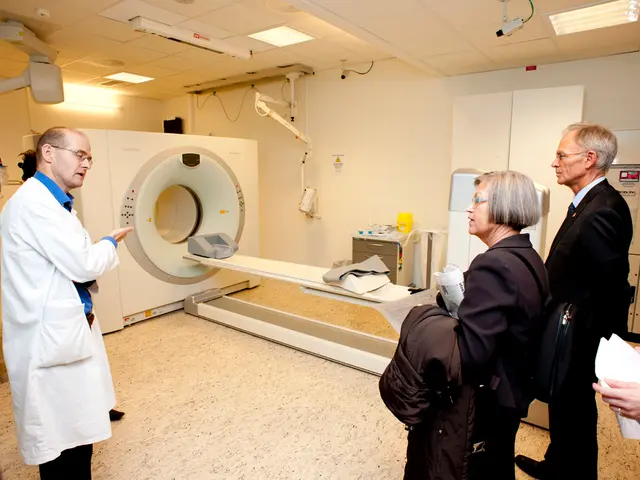Flight Medic Shares Stress-Coping Strategies for High-Stakes Scenarios
Flight paramedic and educator Chad Hollingsworth recently shared insights on coping with extreme situations at a World Extreme Medicine Conference. The session, titled 'When It Happens To Me', delved into personal experiences and practical strategies for healthcare professionals facing high-stress, high-stakes scenarios.
Hollingsworth opened up about his own experiences with stress and trauma, including a fatal farm-silo incident and a near-fatal surgical complication. He discussed the importance of pre-shift readiness, such as mental preparation and checking equipment, and on-shift cues to stay focused and calm.
Post-shift decompression rituals were also emphasized, helping professionals unwind and process their experiences. Hollingsworth suggested role-swapping early in high-stakes procedures to maintain perspective and reduce stress. Micro-debriefs and peer support techniques were highlighted to avoid blame and mitigate second-victim harm.
The session covered crucial aspects of self-care, including family communication, setting boundaries, and navigating the unique challenges of being a clinician-patient. Attendees learned to recognize cumulative stress, moral injury, flashbacks, and early warning signs of burnout. Hollingsworth taught a 'plan with failure in mind' approach for high-stakes procedures, emphasizing the importance of defining a plan B upfront and adapting variables after failed attempts.
Chad Hollingsworth's presentation offered valuable insights into coping with extreme situations in healthcare. By sharing personal experiences and practical strategies, he equipped attendees to better manage stress, communicate effectively, and plan for high-stakes procedures. These lessons are expected to improve resilience and patient care among healthcare professionals.
Read also:
- Abu Dhabi initiative for comprehensive genetic screening, aiming to diagnose over 800 conditions and enhance the health of future generations in the UAE.
- Elderly shingles: Recognizing symptoms, potential problems, and available treatments
- Protecting Your Auditory Health: 6 Strategies to Minimize Noise Damage
- Exploring the Reasons, Purposes, and Enigmas of Hiccups: Delving into Their Origins, Roles, and Unsolved Aspects








